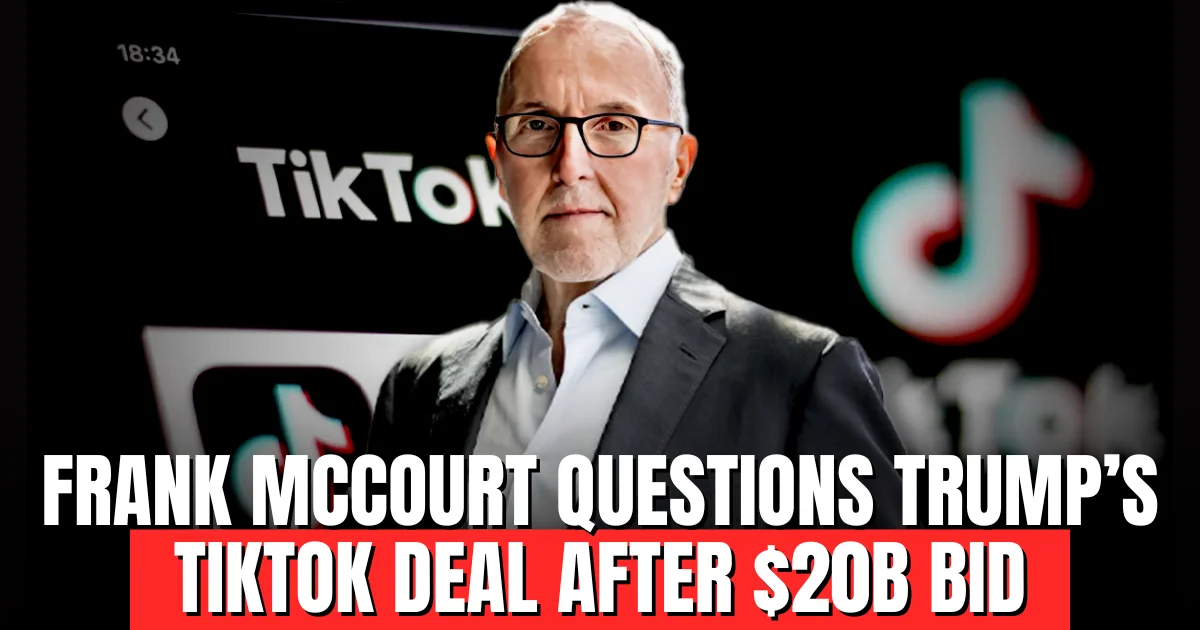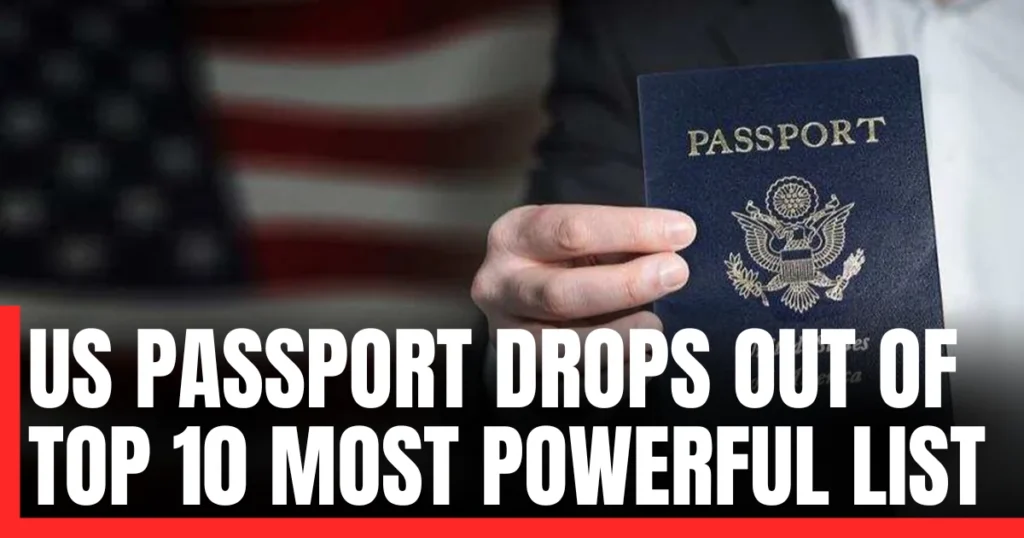Frank McCourt, billionaire who bid $20B for TikTok, questions legality of Trump’s ByteDance deal. Legal challenges, national security concerns & what’s next.
Table of Contents
- Who Is Frank McCourt & His TikTok Bid
- Trump’s New TikTok Deal Explained
- The Legal Questions Being Raised
- Why This Matters for Competition
- What Happens Next
- FAQ
Breaking: Former TikTok Bidder Challenges Trump Deal
Frank McCourt, the billionaire real estate mogul and former Los Angeles Dodgers owner who led a $20 billion bid to acquire TikTok in 2024, has publicly questioned the legality of a newly announced agreement between former President Donald Trump and ByteDance that would allow TikTok to continue U.S. operations under modified terms.
Who Is Frank McCourt?
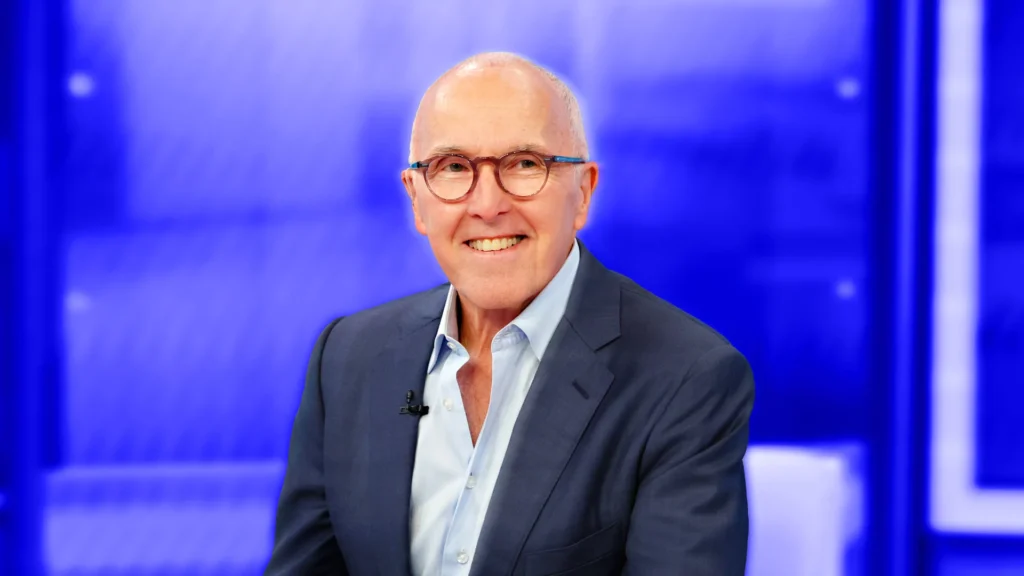
Key Facts:
- Net Worth: $1.4 billion (Forbes, 2025)
- Background: Real estate developer, former MLB team owner
- TikTok Bid: Led “Project Liberty” consortium in 2024
- Bid Amount: $20 billion for TikTok’s U.S. operations
- Mission: Data privacy, user ownership of personal data
McCourt’s Previous TikTok Effort:
In 2024, when the original TikTok ban was set to take effect, McCourt assembled a coalition including:
- Institutional investors
- Technology infrastructure providers
- Privacy advocates
- Former government officials
His pitch: Transform TikTok into a user-controlled platform where individuals own their data, positioning it as a “democratic alternative” to Chinese-controlled social media.
Result: ByteDance rejected all offers, preferring to fight the ban through courts and political channels.
Trump’s TikTok Deal: What We Know
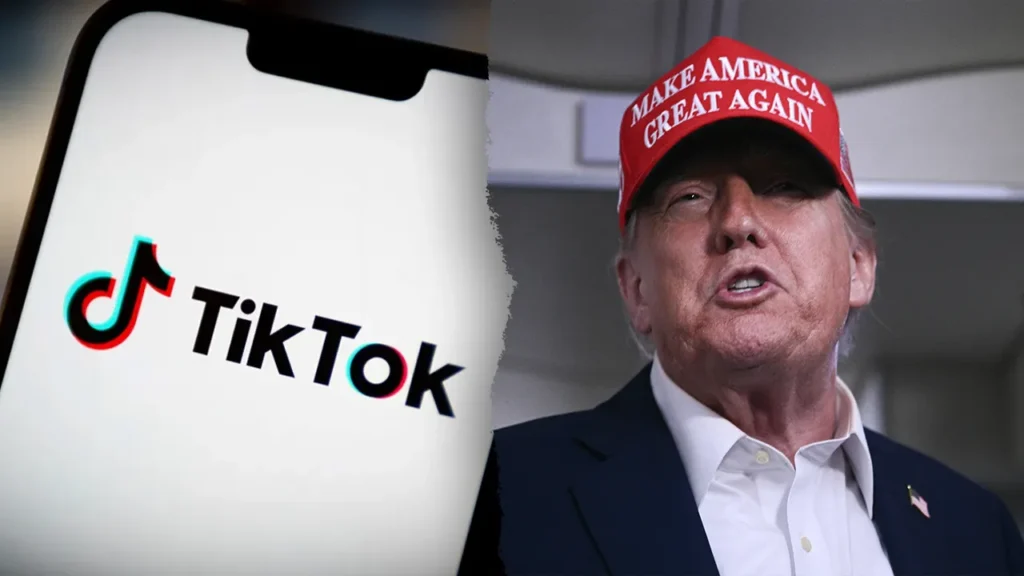
The Agreement Announced October 12, 2025
Key Terms (Based on Public Statements):
✅ TikTok remains under ByteDance ownership (no forced sale)
✅ Oracle partnership expanded for U.S. data storage
✅ “American oversight board” with veto power over certain decisions
✅ $12 billion “security fund” paid by ByteDance to U.S. Treasury
✅ Algorithm access for U.S. security agencies (limited scope)
✅ Delayed ban indefinitely during “compliance period”
Trump’s Justification:
💬 Donald Trump (Statement, Oct 12):
“I’ve negotiated the best deal for America. TikTok stays, we get $12 billion, we protect American data, and we keep 170 million Americans happy. Everybody wins. Only I could make this deal.”
How This Differs from Previous Proposals
| Aspect | 2024 Ban Law | Trump’s 2025 Deal |
|---|---|---|
| Ownership | Force sale to U.S. buyer | ByteDance retains ownership |
| Money to U.S. | $0 | $12 billion |
| Data Storage | Required | Expanded Oracle partnership |
| Timeline | 270-day deadline | Indefinite “compliance period” |
| Congressional Approval | Not needed | Required (disputed) |
Immediate Reactions
Supporters:
- TikTok creators (can keep platform)
- ByteDance (avoids forced sale)
- Some tech industry figures (preserves competition)
- Trump allies (praise deal-making)
Critics:
- National security hawks (insufficient protections)
- China hawks (rewards Chinese company)
- Competing bidders like McCourt (circumvents legal process)
- Some Democrats (questions constitutional authority)
The Legal Questions Frank McCourt Is Raising
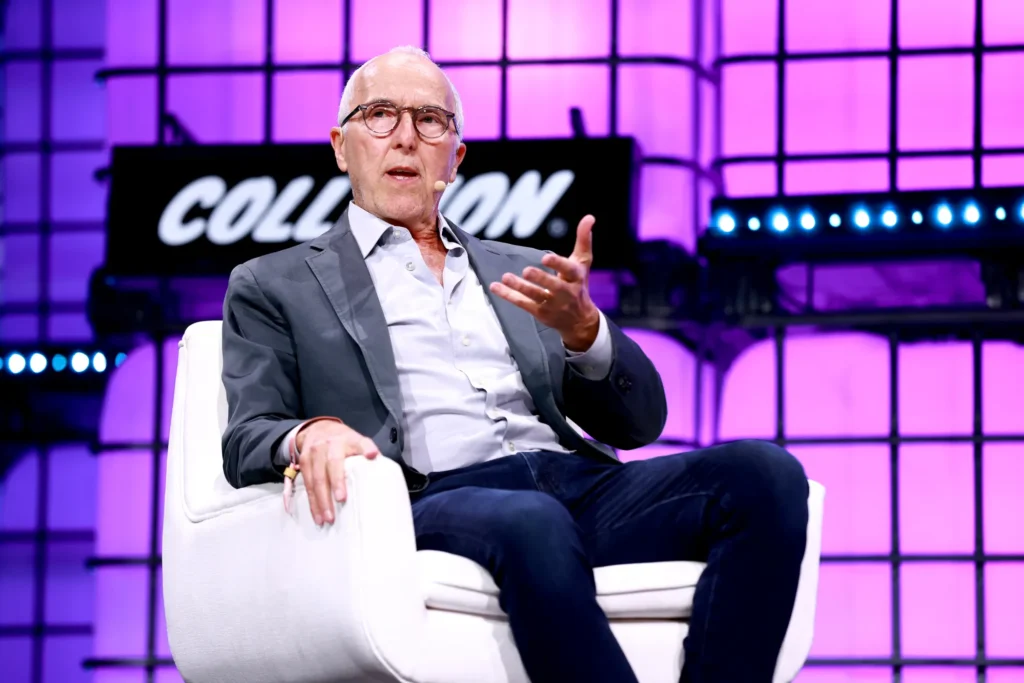
Question #1: Does Trump Have Authority to Make This Deal?
McCourt’s Argument:
💬 Frank McCourt (Statement to Media):
“A bipartisan law passed by Congress required divestiture. One individual—even a former president running for office again—cannot unilaterally override federal law. This deal appears to be negotiated outside legal channels and may violate the separation of powers.”
The Legal Framework:
The 2024 TikTok Ban Law:
- Passed by Congress (April 2024)
- Signed by President Biden
- Required ByteDance to sell TikTok’s U.S. operations within 270 days
- Alternative: Complete ban on U.S. operations
- No provision for “settlement” or “deal”
Constitutional Question:
- Can an individual (even former president) negotiate to override federal statute?
- Does this require Congressional approval?
- What role does current President play?
Legal Experts Weigh In:
💬 Professor Laurence Tribe, Harvard Law:
“If Trump is negotiating as a private citizen, he may be violating the Logan Act, which prohibits unauthorized citizens from negotiating with foreign governments. If he’s negotiating with implicit current administration approval, where is the legal authority?”
💬 Professor Jonathan Turley, George Washington University:
“The underlying statute requires divestiture or ban. A settlement that avoids both outcomes would seem to require either Congressional amendment or court approval. The legal mechanism here is unclear.”
Question #2: Does This Violate Competitive Bidding Process?
McCourt’s Business Argument:
The Bidding Process (2024):
- Multiple billionaires and consortiums submitted formal bids
- Bids ranged from $15 billion to $30 billion
- Due diligence conducted
- Legal teams assembled
- Significant money spent on preparation
Bids Submitted:
- Frank McCourt: $20 billion
- Kevin O’Leary & O’Leary Ventures: $20 billion
- Bobby Kotick (former Activision CEO): Undisclosed amount
- Oracle partnership proposal: Structure uncertain
- Multiple venture capital consortiums
McCourt’s Claim:
- If the law requires sale, there should be fair competitive process
- Trump’s “deal” circumvents bidders who followed legal channels
- Creates precedent that political connections matter more than legitimate offers
- Potentially violates administrative law requirements for fair dealing
Question #3: The $12 Billion Payment – Is It Legal?
Novel Mechanism:
The $12 billion “security fund” payment has no clear precedent:
- Not a fine (no violation found)
- Not a settlement (no lawsuit pending against ByteDance)
- Not a fee (no service rendered)
- Not a tax (not authorized by Congress)
Constitutional Questions:
Appropriations Clause (Article I, Section 9):
- “No Money shall be drawn from the Treasury, but in Consequence of Appropriations made by Law”
- Does this apply in reverse (money paid TO Treasury)?
- Unclear legal authority for this type of payment
McCourt’s Position:
“You can’t just invent a $12 billion payment category because it sounds good politically. There’s no legal framework for this. It’s pay-to-play governance.”
Question #4: National Security Compliance
Security Experts’ Concerns:
💬 Former NSA Director Mike Rogers:
“An oversight board and algorithm access are window dressing. If ByteDance retains ownership, Chinese law compels cooperation with Beijing intelligence services. This doesn’t solve the fundamental national security problem.”
The Legal Issue:
The original ban was justified on national security grounds:
- Chinese government could access American user data
- Algorithm could be manipulated for propaganda
- Critical infrastructure concerns
McCourt’s question: If the deal doesn’t address core security concerns that justified the ban, how can it satisfy the law’s requirements?
Why This Matters Beyond TikTok
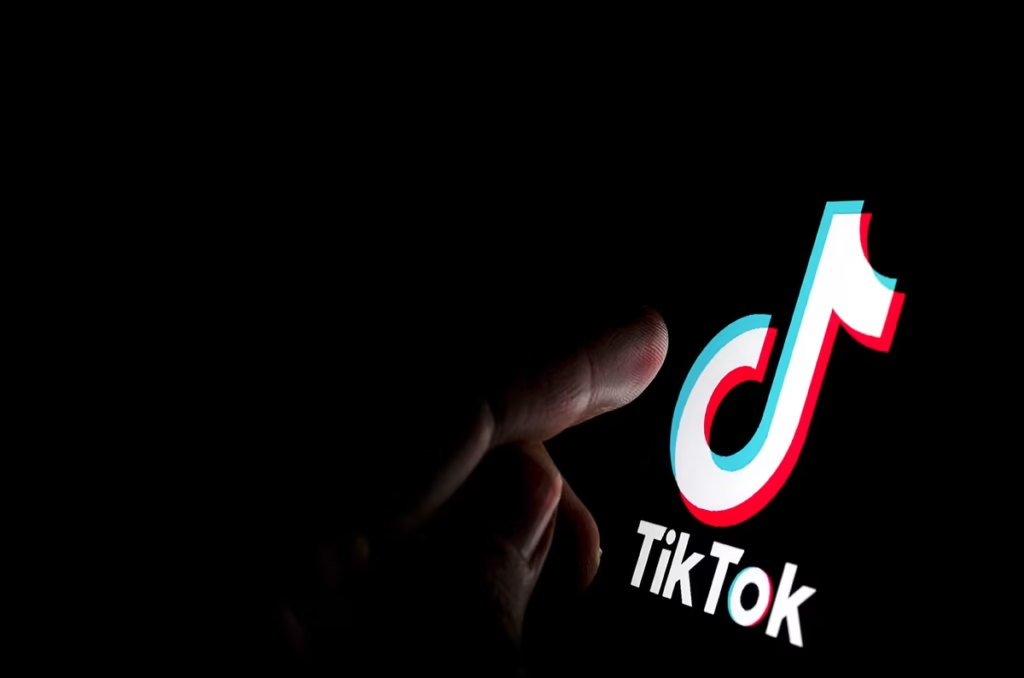
Precedent for Tech Regulation
What’s at Stake:
🔴 Rule of Law:
- Can laws passed by Congress be circumvented by private deals?
- What does this mean for future tech regulation?
- Does wealth/connections allow avoiding legal requirements?
🔴 Foreign Investment Scrutiny:
- CFIUS (Committee on Foreign Investment) process credibility
- Will other Chinese companies expect similar deals?
- Impact on U.S.-China tech relationship
🔴 Market Competition:
- Does this discourage legitimate acquisition bids?
- TikTok competitors (Meta, YouTube, Snapchat) face unchanged competition
- Startup ecosystem implications
The Money Question
Where Does $12 Billion Go?
Unanswered questions:
- What Treasury account receives it?
- How is it appropriated?
- Congressional oversight?
- Can future administration reverse the deal?
Political Implications:
If Trump returns to presidency in 2025:
- Would he implement his own deal?
- How does current administration view this?
- Campaign finance questions (ByteDance political activity)
Other Stakeholders React
ByteDance & TikTok
Official Statement (Oct 13):
“We appreciate constructive dialogue on how TikTok can continue serving our American community while addressing legitimate national security concerns. We remain committed to transparency and cooperation.”
Reading between lines:
- Prefers this deal to forced sale
- Maintains control of valuable asset
- $12B expensive but worth it to keep U.S. market
- Tests U.S. legal/political system’s resolve
Meta (Facebook/Instagram)
Unofficial Response:
Meta executives privately dismayed:
- Competed with TikTok for years
- Invested billions in Reels (Instagram’s TikTok competitor)
- Expected TikTok ban would shift users to Instagram
- Now faces continued competition from Chinese-owned platform
Market Impact:
- Meta stock down 3% on deal announcement
- Snap down 5%
- YouTube/Google relatively stable
U.S. Creators & Users
170 million American TikTok users:
- Relieved platform continues
- Unaware of/unconcerned about legal nuances
- Worry about future uncertainty
Professional creators:
- Built businesses on TikTok
- Diversified to other platforms during uncertainty
- Cautiously optimistic but seeking stability
Congress
Divided Response:
Republicans:
- MAGA wing: Praise Trump deal-making
- National security hawks: Concerned about China ownership
- Split roughly 60-40 supportive
Democrats:
- Progressives: Question corporate favoritism
- National security Dems: Share Republican hawk concerns
- Generally skeptical but not unified in opposition
Key Question: Will Congress act to clarify, approve, or reject the deal?
What Happens Next
Immediate Timeline
📅 This Week (Oct 15-21):
- McCourt expected to file legal challenge
- Congressional hearings likely requested
- Current administration must clarify position
- ByteDance begins implementing “deal” terms
📅 Next 30 Days:
- Legal standing challenges (who can sue?)
- Injunction requests possible
- Congressional action (or inaction)
- Public pressure campaigns
📅 By Year-End:
- Court rulings on preliminary challenges
- Congressional decision on legislative response
- 2026 election impact becomes clear
Possible Outcomes
Scenario 1: Deal Stands (40% Probability)
- Courts defer to executive discretion
- Congress doesn’t act
- TikTok continues under new terms
- McCourt legal challenge dismissed
Scenario 2: Deal Blocked (35% Probability)
- Courts find deal exceeds authority
- Original ban reinstated
- Back to forced sale or shutdown
- Bidding process reopens
Scenario 3: Congressional Intervention (20% Probability)
- Congress passes clarifying legislation
- Either validates or modifies deal
- New framework established
- Political compromise emerges
Scenario 4: Limbo Continues (5% Probability)
- Legal challenges drag on
- Injunctions maintain status quo
- Election results determine outcome
- Uncertainty persists
The Bigger Picture
What This Reveals About Tech Governance
Key Tensions:
⚖️ Law vs. Deals:
- Can major policy be negotiated around statutes?
- Role of informal agreements in tech regulation
- Precedent for future foreign tech companies
💰 Money vs. Security:
- Is $12 billion adequate compensation for security risks?
- Can payments substitute for structural solutions?
- Treasury as mechanism for tech policy
🗳️ Politics vs. Process:
- Campaign implications of TikTok deal
- Lobbying and influence questions
- Democratic legitimacy of tech policy
Frequently Asked Questions
Can Trump legally make this deal if he’s not currently president?
Unclear. If negotiating as private citizen, potentially violates Logan Act. If acting with current administration approval, legal authority is questionable. Courts would need to rule.
Why does Frank McCourt care? His bid already lost.
McCourt invested millions in bid preparation. He argues the law required competitive sale process, and circumventing that process is unfair to legitimate bidders and sets dangerous precedent.
What happens to TikTok if deal is blocked?
Would revert to original ban law: ByteDance must sell within deadline or TikTok is banned in U.S. This would reopen bidding process McCourt and others could rejoin.
Is the $12 billion payment real?
Announced but not yet paid. Legal mechanism unclear. Would likely require Congressional appropriations authority to accept payment into Treasury.
Could China retaliate?
Possibly. Could restrict U.S. tech companies in China, impose costs on Apple/Tesla/others, or use as leverage in broader U.S.-China negotiations.
What about TikTok users—will the app change?
Unclear. Deal terms suggest minimal changes to user experience, but oversight board could influence content moderation, algorithm, features over time.
When will we know if deal is legal?
Likely months. Legal challenges take time. Could extend beyond 2026 election, meaning political outcome might determine result more than legal ruling.
Conclusion
Frank McCourt’s legal challenge to Trump’s TikTok deal raises fundamental questions about how the United States regulates foreign technology companies. Whether motivated by business interests (his rejected bid), policy concerns (data privacy advocacy), or both, McCourt has identified genuine legal ambiguities in an unprecedented arrangement.
Core Issues:
- ✅ Does one individual have authority to override Congressional statute?
- ✅ Is the $12 billion payment legally authorized?
- ✅ Does this satisfy national security requirements of original ban?
- ✅ What precedent does this set for tech regulation?
What’s Clear:
- The legal landscape is uncharted
- Multiple stakeholders have competing interests
- Courts will likely decide key questions
- Political considerations heavily influence outcome
- TikTok’s U.S. future remains uncertain
What’s Uncertain:
- Timeline for legal resolution
- Congressional response
- Current administration’s official position
- Impact on 2026 elections
- Whether deal ultimately stands or falls
As McCourt assembles legal teams and prepares challenges, 170 million American TikTok users scroll on, mostly unaware that the app’s fate—and the precedent for tech governance—hangs in a legal and political balance.
The billionaire who tried to buy TikTok may not succeed in acquiring the platform, but his legal challenge could determine whether deals can replace laws in the new era of tech geopolitics.
